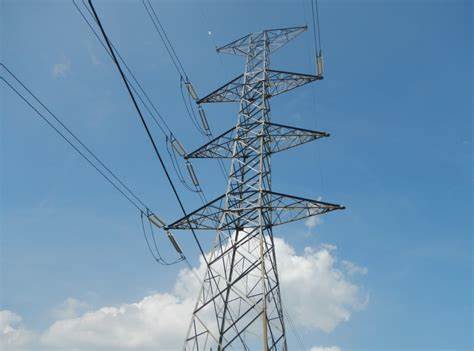
Abidjan, Côte d’Ivoire – Uganda has for the third time in a row emerged as the top performer in this year’s Electricity Regulatory Index Report published by the African Development Bank.
The East African country, along with Namibia, Tanzania, Zambia and Kenya, the other top performers, have regulators with the authority to exert the necessary oversight on the sector. However, the overall electricity regulatory frameworks of African countries is poorly developed, and most countries experience major regulatory weaknesses.
The ERI, a flagship report of the African Development Bank, is a composite index which measures the level of development of electricity sector regulatory frameworks in African countries against international standards and best practice.
“The African Development Bank has been at the forefront of efforts to mainstream electricity sector regulation issues in Africa within the broader sector discourse, recognizing the importance of establishing robust legal and regulatory frameworks to support the financial sustainability of the sector and attract private sector investment,” said Dr. Kevin Kariuki, Vice President, Power, Energy, Climate and Green Growth, at the African Development Bank.
The third edition of the ERI report was launched during the Digital Energy Festival of the Africa Energy Forum, on 5 November 2020. The event brought together more than 70 stakeholders in the energy sector, regulators, international organizations, and development finance institutions like Africa50 and the World Bank.
Wale Shonibare, Director for Energy Financial Solutions, Policy and Regulations, at the African Development Bank, said COVID-19 related restrictions had increased residential electricity demand and decreased industrial/commercial demand. This had resulted in shortfalls in the projected revenues of utilities.
“To address these challenges, regulators will be required to play an even more critical and central role post-Covid, to ensure that the sector recovers with minimal and controlled impact on consumers and utilities,” Shonibare said.
Koffi Klousseh, Director of Project Development at Africa50, praised the ERI as a great tool for assessing the readiness of the electricity sector for private sector investments.
Main findings of the ERI 2020 report
– 69% of countries surveyed have regulatory mechanisms in place to facilitate electricity access.
– In 21 of the 36 countries surveyed, the utility is not involved in funding rural electrification. The government, NGOs and consumers do this.
– In 90% of the countries surveyed, the Executive holds the power to appoint board members and heads of regulatory institutions who report to them. This removes the core of decision-making independence from regulators, who are subjected to subtle and direct political pressure to skew key regulatory decisions towards the political inclination of the government in power.
– Most countries have legislation to deal with conflict of interest among commissioners and heads of regulatory institutions while in office. However, few have adequate mechanisms to regulate conflict of interest and other ethical issues, affecting the integrity of regulatory decisions.
– Political authorities have significant influence on the finances of regulatory authorities. In many instances, laws establishing regulatory institutions do not clearly indicate sources of funds for the institution.
Other participants also shared views on the sector:
Ziria Tibalwa Waako, CEO of Uganda’s Electricity Regulatory Authority: “Regulation is a catch-up game. If there are gaps, be happy to review your process and methodology.”
Foibe Namene, CEO of Namibia’s Electricity Control Board: “Regulatory independence is a balancing act between multiple stakeholders while maintaining high level of integrity in the regulatory processes and actions.”
Peter Twesigye, Head of Electricity Regulation Programme, Power Futures Lab, at the University of Cape Town: “Regulators should support utilities through tariffs to finance investments in the backbone feeders with outage management systems that will enable them to monitor reliability and the quality of power on these feeders.”



